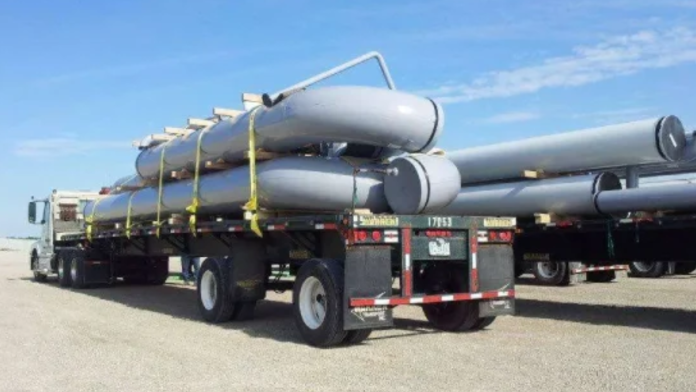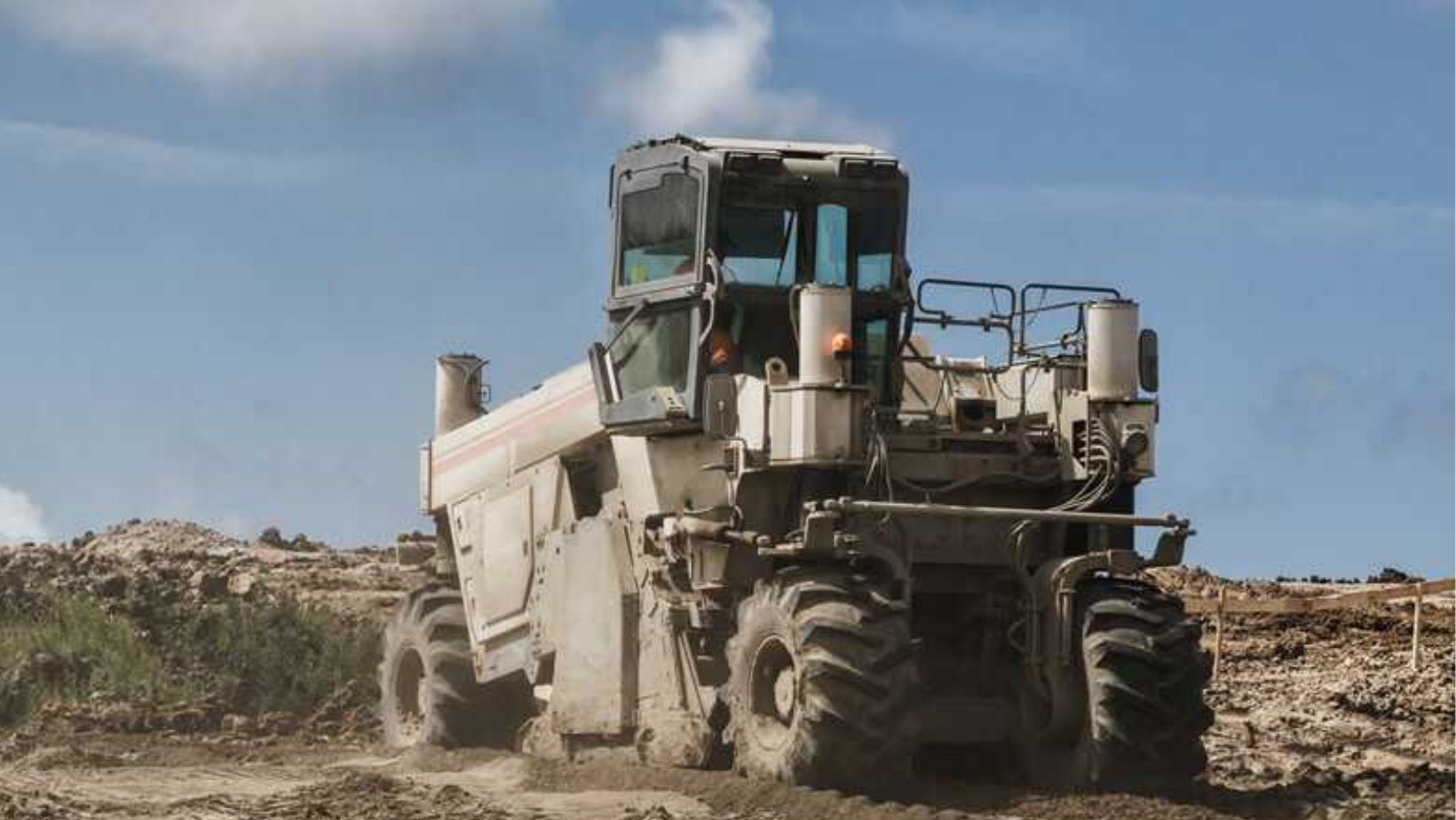Steel pipe fabrication is the process of manufacturing steel pipes through various techniques such as welding, bending, cutting, and machining to create customized pipes that meet specific project requirements. These pipes find extensive use in various industries, including construction, oil and gas, water distribution, and infrastructure development. Steel pipes offer exceptional strength and durability, making them ideal for carrying heavy loads and withstanding harsh environmental conditions.
Their robustness ensures the structural integrity of buildings, bridges, pipelines, and other critical infrastructure projects. Steel pipe fabrication promotes environmental sustainability by utilizing recyclable resources and efficient manufacturing procedures. The steel pipe fabrication allows construction projects to lessen their environmental impact while still providing a dependable and long-lasting infrastructure solution.
What Safety Considerations Are Important In Steel Pipe Fabrication?
Steel pipe fabrication safety considerations include ensuring proper ventilation to reduce exposure to welding fumes, implementing proper handling techniques to prevent injuries from heavy lifting or material handling, and inspecting equipment and machinery regularly to avoid accidents. Furthermore, safety standards such as wearing personal protection equipment, keeping a clean and organized workstation, and offering training on safe work practices are critical.
Role of Steel Pipe Fabrication in Construction Projects
In the realm of construction, the utilization of steel pipe fabrication stands as a cornerstone, offering robustness, versatility, and efficiency. This article delves into the multifaceted role steel pipe fabrication plays in construction projects, elucidating its significance in various applications.
Structural Integrity
Steel pipe manufacturing safeguards the structural integrity of buildings and infrastructure by providing strong support against heavy loads and environmental stressors. Fabricated steel pipes form the structure’s skeleton, providing stability and resilience in harsh environments. Their inherent strength and longevity make them crucial components in construction projects, assuring structural stability and safety throughout time.
Versatility in Design
Steel pipe fabrication provides unrivaled design flexibility, allowing architects and engineers to realize their innovative ideas. Steel pipes, unlike traditional building materials, can be formed into a variety of forms and sizes. This versatility allows for the adoption of novel and complicated designs while maintaining structural integrity. Steel pipes are adaptable building pieces that may easily accommodate varied architectural styles and construction needs.
Environmental Sustainability
Steel pipe manufacturing helps to ensure environmental sustainability due to its recyclability and durability. A considerable amount of fabricated steel pipes are made from recycled steel, lowering the requirement for virgin resources and reducing waste. Furthermore, the durability of steel pipes reduces the need for regular replacements or repairs, further lowering environmental effects. Steel pipe fabrication aligns with modern construction practices that strive to reduce environmental impact and encourage resource conservation by focusing on sustainability.
Seamless Integration
Steel pipe production combines smoothly with other construction materials, simplifying assembly procedures and increasing project efficiency. Whether connecting steel pipes to concrete foundations or incorporating them into pre-engineered building systems, their flexibility with various construction processes allows for efficient installation operations. This seamless integration decreases downtime, lowers labor costs, and improves overall project coordination.
Enhanced Safety
Steel pipe fabrication prioritizes safety by implementing stringent quality control procedures and adhering to industry requirements. Fabricated steel pipes are subjected to rigorous testing methods to verify structural integrity and compliance with safety norms. Their inherent strength and stability reduce the likelihood of structural failures or collapses, hence improving overall safety on building sites. Steel pipe fabrication helps to provide a safe working environment for construction workers and stakeholders by putting safety first.
Cost Efficiency
Steel pipe fabrication provides cost savings due to its durability, low maintenance requirements, and recyclability. While the initial expenditure may appear high, the long-term benefits surpass the costs. Furthermore, the adaptability and ease of manufacturing cut labor costs and accelerated building timelines, improving overall cost efficiency. Overall, steel pipe fabrication is a cost-effective choice for construction projects, giving value through longevity and low lifetime costs.
Final Words
Steel pipe fabrication is critical in construction projects because it assures structural integrity, design flexibility, and cost-effectiveness. Steel pipe fabrication increases cost efficiency by reducing material waste and installation manpower costs. As the construction industry evolves, the importance of steel pipe fabrication stays constant, acting as the foundation for building robust and resilient structures that will endure the test of time.













